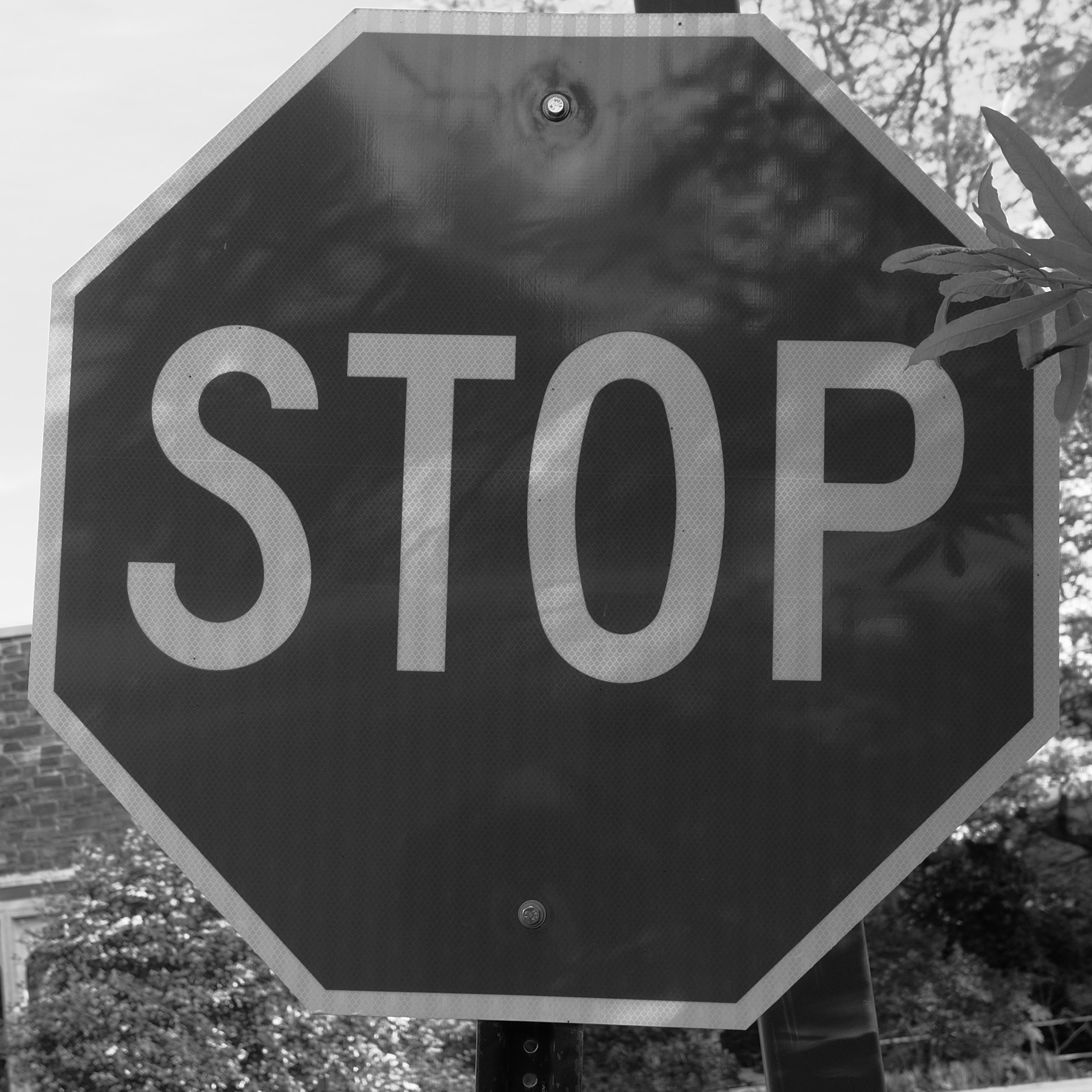In the event of a car accident, remain calm and check for injuries. Move vehicles to the side of the road if possible. Call the police and exchange insurance information with the other driver. Take pictures of the accident scene and any damage. Seek medical attention if necessary.
- Immediately Stop Driving. Never drive away from the scene of an accident, even if it is a minor accident.
- Call the 911
- Depending on injuries, seek medical attention now or as soon as possible.
- Make sure you are observe all important facts
- If Possible, Take Pictures
- If Possible Exchange Information with the other driver.
- As directed by Police, make report to the Police Station as soon as possible.
FAQ
Question 1: What should I do if I am involved in a car accident?
Answer: If you are involved in a car accident, the first thing you should do is check for any injuries and call 911 if necessary. Once you have taken care of any medical needs, exchange insurance information with the other driver(s) involved and take pictures of the accident scene. If possible, also try to get the contact information of any witnesses.
Question 2: Do I need to report the accident to the police?
Answer: Depending on the severity of the accident, you may need to report it to the police. If there are any injuries or significant property damage, you should call the police to the scene. If there are no injuries and the damage is minor, you may be able to file a report online or over the phone.
Question 3: Should I contact my insurance company?
Answer: Yes, you should contact your insurance company as soon as possible after the accident. Your insurance company will be able to help you with the claims process and provide any necessary support.
Question 4: What information should I provide to my insurance company?
Answer: When you contact your insurance company, you should provide them with the details of the accident, including the date, time, location, and any other relevant information. You should also provide them with the contact information of any witnesses and the other driver(s) involved.
Question 5: What if the other driver does not have insurance?
Answer: If the other driver does not have insurance, you may be able to file a claim with your own insurance company. However, it is important to note that you may be responsible for any damages that exceed your policy limits.
Question 6: What if I am at fault for the accident?
Answer: If you are at fault for the accident, you will likely be responsible for any damages that result from the accident. You should contact your insurance company to discuss the details of the accident and any potential claims.
Question 7: What if I am not sure who is at fault for the accident?
Answer: If you are not sure who is at fault for the accident, you should contact your insurance company to discuss the details of the accident. Your insurance company will be able to investigate the accident and determine who is at fault.
Excerpt
In the event of a car accident, remain calm and check for injuries. Move vehicles to the side of the road if possible. Call the police and exchange insurance information with the other driver. Take pictures of the accident scene and any damage. Seek medical attention if necessary.
Were you or a loved one involved in a Car Accident ?
- Seek Medical Care As Soon As Possible
- Notify the Insurance Provider if your Loved One Cannot
- Be Aware of Time Limits to Your Financial Claim
- Protect the Legal Rights
Our Attorneys Can Help, No Matter the Injury
- Broken Bones: Personal injury cases often involve broken bones sustained from accidents like slips, falls, or car collisions, leading to potential long-term pain and impaired mobility.
- Facial Injuries: Personal injuries to the face, such as lacerations or fractures, can result from various incidents like dog bites or vehicle crashes, causing both physical and emotional distress.
- Neck Injuries: Whiplash or other neck injuries stemming from car accidents or workplace incidents can cause lasting discomfort and may require extensive medical treatment or rehabilitation.
- Back Injuries: Personal injury victims can experience back injuries like herniated discs or spinal cord damage due to accidents, often resulting in chronic pain and reduced quality of life.
- Child Injuries: Young children may suffer personal injuries, such as head trauma or broken bones, in accidents like playground mishaps or car crashes, causing emotional and financial strain on families.
- Wrongful Death: The tragic loss of a loved one due to someone else’s negligence or wrongful act can lead to personal injury claims for wrongful death, helping families seek justice and financial compensation for their loss.
